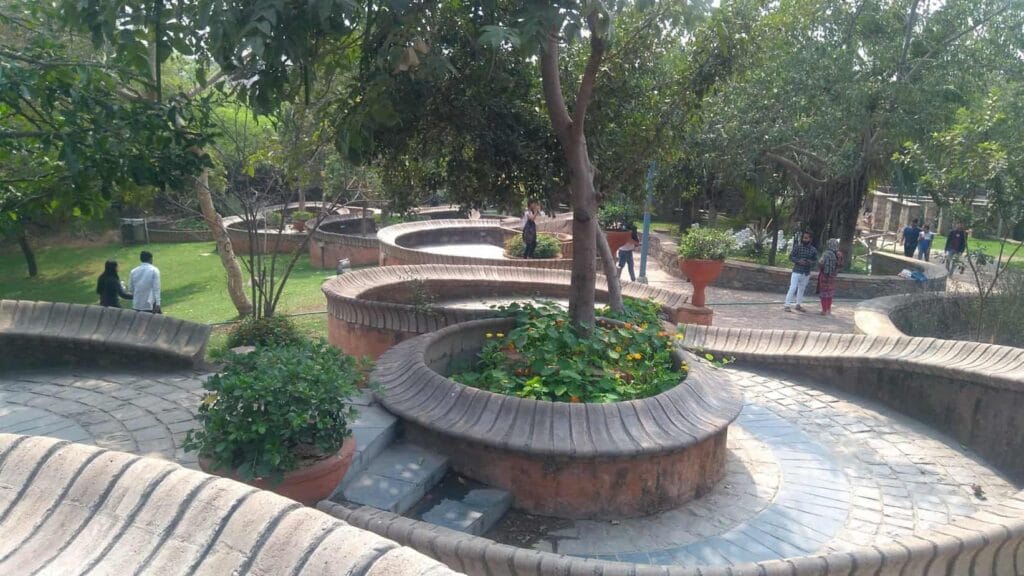Every year, before the onset of monsoons, the Brihanmumbai Municipal Corporation (BMC) shares detailed information about preparedness and flood mitigation measures. This includes details such as the number of pumps installed to drain out excess rainwater from flood prone areas, the identification of hot spots and so on.
Throughout the rainy season that lasts four months, the civic body puts out information about high tides, amount of rainfall, weather alerts and detailed rain-related accidents such as building collapse, tree falling incidents. They also inform citizens about the plans to pump the excess water from low-lying areas and drain it into the sea.
This is something that perturbs environmental activist Zoru Bhathena, who has been raising the issue of water management at two major levels. One, how can rainwater be conserved by the BMC for use by the citizens, so that it meets a part of the water requirement? Two, how can rainwater management also help in reducing incidents of floods which are aggravated by excessive concretisation?
Last month in a public interest litigation filed by Zoru, the Bombay High Court asked the BMC to respond to the plea to direct the BMC to implement rainwater harvesting in public spaces such as roadsides and flood prone areas in Mumbai. The next hearing is scheduled on September 9th.
Rainwater harvesting in Mumbai
Earlier in the summer, the BMC imposed a 10% water cut, which was withdrawn only on July 29th. Zoru points out that Mumbai is a city with abundant rainfall and yet, instead of harvesting the water and replenishing the water table, we have been draining it all out to the sea. And while rainwater harvesting is mandatory in apartment complexes, it has not yet been practised on a large scale.

Read more: Bengaluru, second highest in rainwater harvesting in Indian cities
Citizen Matters covered the subject of how to install rainwater harvesting systems and why Mumbai lags behind in practising it. Yet, there are hardly any answers to the question as to why it can’t be practised in public spaces by the civic body.
This is the question that Zoru has raised in his PIL and the BMC is yet to respond. He asks what we would do, if we did not have the sea to drain all the excess water into.
Catch the full conversation with environmentalist Zoru Bathena in the video below:
Online discussion on rain water conservation in Mumbai
Groundwater recharge, better availability of potable water for all residents of Mumbai and reducing flood risks in the face of extreme climate events are the positive outcomes of rainwater harvesting, if done right and on a wider scale. But reducing concretisation and making concrete efforts to save water seem to be distant possibilities as Mumbai remains in throes of massive redevelopment and infrastructure projects.